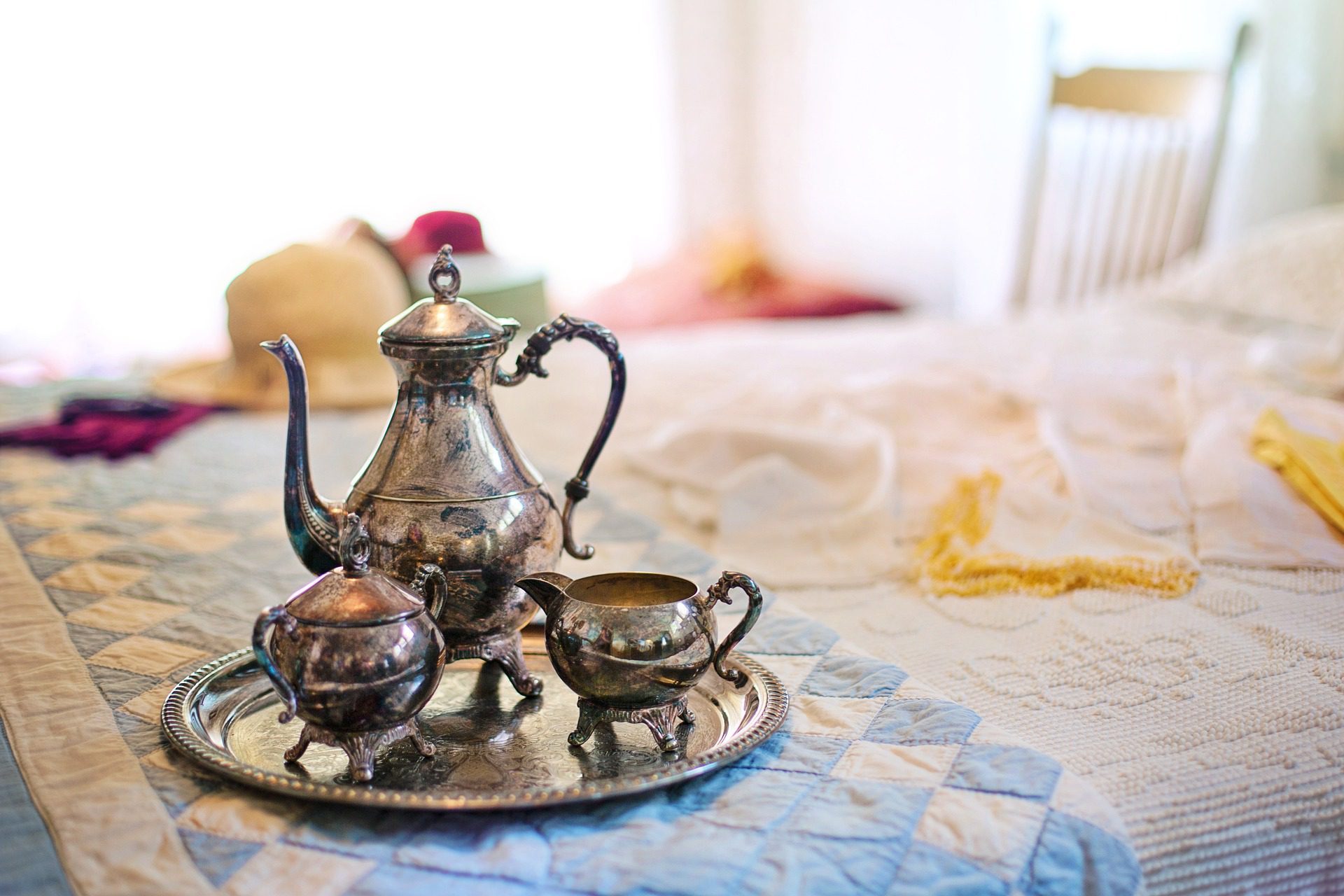

As pubs face high costs due to increased energy prices and global supply chain issues, it’s only natural that landlords and bar managers are looking at ways to save costs when running their pub.
It is estimated that some pubs have seen their bills increase by 500% and with it not being a viable option to pass the huge price hikes onto consumers, pub managers and pub owners are exploring how they can cut back on operational outgoings.
As energy bills continue to rise, we have put together some money-saving tips. Here are three ways to reduce the running costs of your pub.
Research energy providers and explore your options
Energy bills and overheads are large outgoings that should be managed closely and after an expensive year, it may be beneficial to research your provider to explore your options.
Fixed-term contracts may seem more expensive, but they provide pubs with a stable price over the contract period. However, energy provider EDF advises checking the terms and conditions to avoid any unexpected changes or charges.
If your pub is already committed to an energy contract, you should receive an energy renewal letter from your supplier around three months before the contract end date. This is when you should begin research to drive down costs and lock in a lower energy price.
Aim to use less
Energy
Heating, lighting, and electricity are costly necessities when running a pub, but managers and landlords should look to use less energy and pay less for it.
Around 18 per cent of heat is lost through open doors and windows so keeping doors and windows closed when the heating is on can help to reduce energy costs. Draught-proofing windows and doors can also help to stop cold air from entering as well as stopping heat from escaping.
According to the energy giant EDF, energy is priced based on 48 half-hour time slots throughout the day with the price of energy varying for each 30-minute period. The most expensive time of day is between 4 pm and 7 pm so by reducing energy consumption during these hours of the day, you could save money.
Being energy conscious is a great energy-saving tactic that helps you understand where costs can be cut and where your money can be clawed back.
Wastage
Using less doesn’t just refer to energy though, you can minimise wastage in food and drink through ongoing training of your staff, ensuring they are cooking food and pouring drinks with fewer mistakes. Instilling processes where stock is regularly checked for expiry dates, and adjusting how much you or your team are ordering, also helps reduce the amount of product lost to wastage.
Review what drinks and meals are often not being sold and consider removing these from your offering. In terms of food, keeping these extra ingredients in stock can reduce inefficiencies and increase wastage, and for drinks, they take up space in your fridges or make little use of taps that could be used by more popular beverages.
Staff
Speaking of staff, it’s important to take care of your employees so they don’t leave. Recruiting and training new staff are costs you’ll want to avoid, so check in regularly with your teams to make sure they are happy at work and not thinking about leaving.
Listen to their feedback and keep them feeling satisfied and fulfilled. While it may seem counter-intuitive, incentivising your employees can go a long way to boosting team morale, raising productivity and efficiency, and retaining your staff longer.
Make sustainable swaps
Installing smart switches, using low-watt LED lightbulbs, and being aware of what appliances are being used and for how long can significantly reduce costs.
LED lightbulbs are energy-efficient and conserve up to 80 per cent more energy than traditional lighting. With 95 per cent of energy converted into light, only five per cent is wasted as heat compared to a traditional lightbulb that only converts 10 per cent of energy into light.
Smart switches act as any traditional switch but can be controlled via an app on your phone to create a schedule. This means you can programme the lights to turn on and off automatically throughout the day.
For more information, get in touch to discuss how pub finance could benefit your business venture.



